Introduction:
The Hospitality industry is a great place for adding to the building blocks of your professional skillset, the exposure gained from hospitality provides a diverse set of invaluable abilities that can be used across various roles. The industry not only offers rewarding career opportunities itself but also lays a strong foundation for success in other professions. Welcome to the I Love My Job career series aimed at helping you to find a job (you love). In this blog post, we will explore five key skills gained from hospitality that can boost your performance in any job.
1️⃣ Customer Experience:
Working in hospitality reinforces your ability to understand and meet customer needs, provide exceptional service and ensure long-term satisfaction. This customer-focused mindset is an invaluable skill that can elevate your performance in a huge range of roles, including sales, marketing, and customer service roles; where understanding customers is crucial. Whether you’re dealing with clients, colleagues, or stakeholders, your hospitality experience equips you to anticipate their needs, handle enquiries with professionalism, and build strong relationships.
📌 Example 1: As a hotel receptionist, you’ve honed your customer experience skills by catering to guests from diverse backgrounds and resolving their issues promptly. Now, in a sales role, you can leverage this expertise to understand client preferences, anticipate their requirements, and deliver tailored solutions that exceed expectations.
📌 Example 2: In your role as a restaurant manager, you’ve built a reputation for providing outstanding dining experiences, earning the loyalty of regular customers. Now, transitioning into a marketing position, you can leverage your customer experience skills to craft compelling campaigns that resonate with target audiences and drive brand loyalty.
2️⃣ Effective Communication:
Clear and effective communication lies at the heart of hospitality. Professionals in this field excel in active listening, conveying information, and adapting their communication styles to connect with diverse audiences. These communication skills are essential in any role that involves collaboration and building strong relationships with clients and colleagues alike. Your ability to articulate ideas clearly, listen actively, and foster a positive work environment makes you a valuable asset in any professional setting.
📌 Example 1: As a restaurant server, you’ve mastered the art of effectively communicating with guests, ensuring they have a memorable dining experience. Now, in a public relations role, you can tap into your communication skills to craft compelling press releases, engage with media outlets, and represent your company powerfully during interviews.
📌 Example 2: In your role as a hospitality event planner, you’ve seamlessly coordinated events by communicating with vendors, clients, and event staff. Now, in a project management role, you can apply your communication prowess to lead teams, facilitate effective meetings, and ensure that project goals are well understood and executed.
3️⃣ Problem-Solving Proficiency:
Hospitality nurtures problem-solving abilities. Professionals in this dynamic industry thrive in addressing challenges head-on, finding innovative solutions, and staying composed under pressure. These problem-solving skills seamlessly translate into roles that require critical thinking, and adaptive decision-making to navigate complex situations. Your ability to assess problems, think creatively, and resolve issues efficiently empowers you to excel in various professional environments.
📌 Example 1: As a hotel front desk supervisor, you’ve tackled numerous guest issues with tact and resourcefulness, ensuring their satisfaction at all times. Now, in a management consulting role, you can employ your problem-solving proficiency to analyse business challenges, this might include developing data-driven solutions to implement strategies focused on driving organisational growth.
📌 Example 2: In your role as a hospitality event coordinator, you’ve skilfully managed last-minute changes to ensure events run smoothly. Now, transitioning into a project management position in a different industry, you can apply your problem-solving skills to handle project complexities and overcome obstacles effectively.
4️⃣ Teamwork Collaboration:
Collaboration is the lifeblood of hospitality. Working in diverse teams comes naturally to hospitality professionals, fostering an environment where teamwork flourishes. This collaborative spirit can be leveraged in any company seeking cohesive teams that drive innovation, productivity, and the achievement of shared goals. Your ability to work harmoniously with others, respecting differing viewpoints whilst contributing constructively to group efforts makes you an ideal team player in any setting.
📌 Example 1: As a hotel department head, you’ve successfully led cross-functional teams to deliver exceptional guest experiences. Now, transitioning into a corporate setting, you can bring your teamwork and collaboration skills to drive success in diverse projects, working cohesively with colleagues from different departments.
📌 Example 2: In your role as a hospitality event manager, you’ve coordinated events with multiple vendors and teams. Now, in a non-profit organisation, you can make use of your collaborative approach to work effectively with volunteers, donors, and colleagues to achieve common goals and positively impact the community.
5️⃣ Time Management Efficiency:
In the fast-paced world of hospitality, time management is essential. Hospitality workers are pros at balancing multiple tasks, prioritising deadlines, and maintaining efficiency. These time management skills are indispensable in roles that demand organisation and the ability to thrive in high-pressure work environments. Your ability to manage time effectively ensures that tasks are completed on schedule, and you can handle workloads efficiently.
📌 Example 1: As a restaurant manager, you’ve efficiently managed daily operations, ensuring a seamless service during peak hours. Now, transitioning into a project-based role, you can apply your time management efficiency to handle multiple projects simultaneously, meeting deadlines and delivering high-quality results.
📌 Example 2: In your role as a hospitality supervisor, you’ve effectively managed staff schedules and shift rotations. Now, in a corporate setting, you can showcase your time management skills by efficiently managing your workload, prioritising tasks, and maximising productivity.
Conclusion:
The skills gained from the hospitality industry are not only valuable within the sector but also highly transferable to other professions. These transferable skills can be applied to a wide range of industries and roles, showcasing your abilities to potential employers and opening doors to exciting career opportunities within or beyond hospitality. So, the next time you apply for a job, don’t forget to highlight your hospitality background and the amazing transferable skills you possess. They can open doors to exciting career opportunities across different industries!
If you’re currently looking for a job (you love), check out our job board or/and upload your CV
FOLLOW OUR INSTAGRAM PAGE FOR HELPFUL RESOURCES, CAREER TIPS/ADVICE & MUCH MORE



